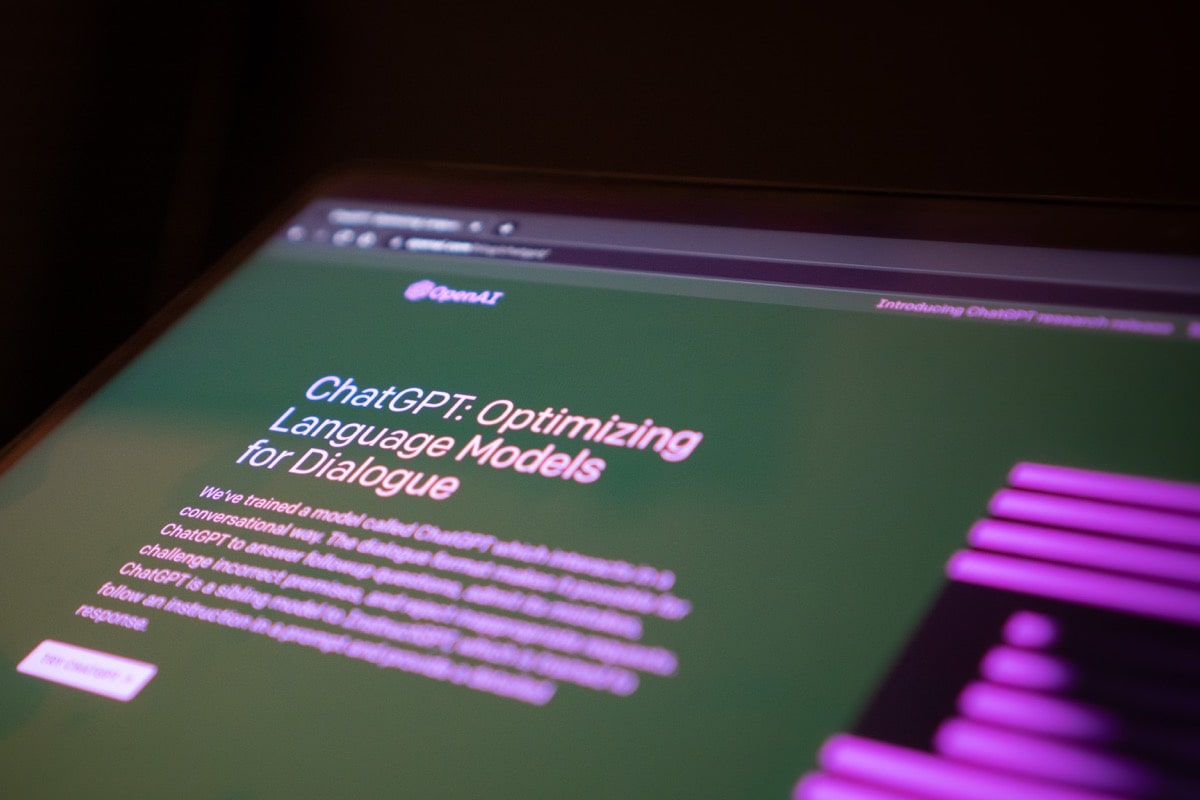The integration between ChatGPT and the Hedera network simplifies asset monitoring and management for blockchain users

The generative AI tool ChatGPT is now available as a plugin for the native cryptocurrency of the Hedera network. Developer Ed Marquez published the instructions on creating the plugin on Twitter.
The integration allows ChatGPT to establish secure interactions with the Hedera network and access its embedded tools like the Hedera Consensus Service, Hedera Token Service and Smart Contract Service. According to Marquez, “The learning aspect of AI, coupled with blockchain’s immutable nature, introduces a revolutionary change in how data can be processed and utilized.”
With the new plugin, users will be able to view their account balances either through a network explorer or the Hedera mirror node Rest API, which the plugin will utilize. Once the plugin is developed and the API is operational, users can install it in the ChatGPT user interface. ChatGPT can then provide responses about Hedera cryptocurrency (HBAR) and other fungible and non-fungible token balances associated with Hedera accounts.
The unique combination of blockchain and generative AI capabilities will ensure the verifiability and integrity of the generated content. Therefore, users can eventually engage in micro crypto transactions, access premium content and participate in tokenized economies in a safe and seamless way, without high fees or delays.
Potentially, the use of AI and blockchain together may bring benefits to many industries, explain Hedera developers. For instance, in finance, smart contracts combined with AI-driven decision-making can automate not only simple transactions but also complex investments.
Earlier, crypto community representatives experimented with creative use cases for the AI bot. Thus, Crypto Twitter users employed ChatGPT to create trading bots, investment theses, blogs and crypto-themed songs.
Hedera is a distributed ledger that functions based on an innovative Hashgraph algorithm. It employs virtual voting and “gossiping” consensus meaning that the protocol participants randomly share information about their transactions with other participants. That differs from traditional blockchain methods, so strictly speaking, Hedera is not a blockchain that presents information in the form of a chain made of data blocks.
From the technical standpoint, Hedera is a decentralized, open-source, proof-of-stake, EVM-compatible public ledger. However, as this distributed ledger network hosts a cryptocurrency, it is commonly called blockchain by investors and industry participants.









